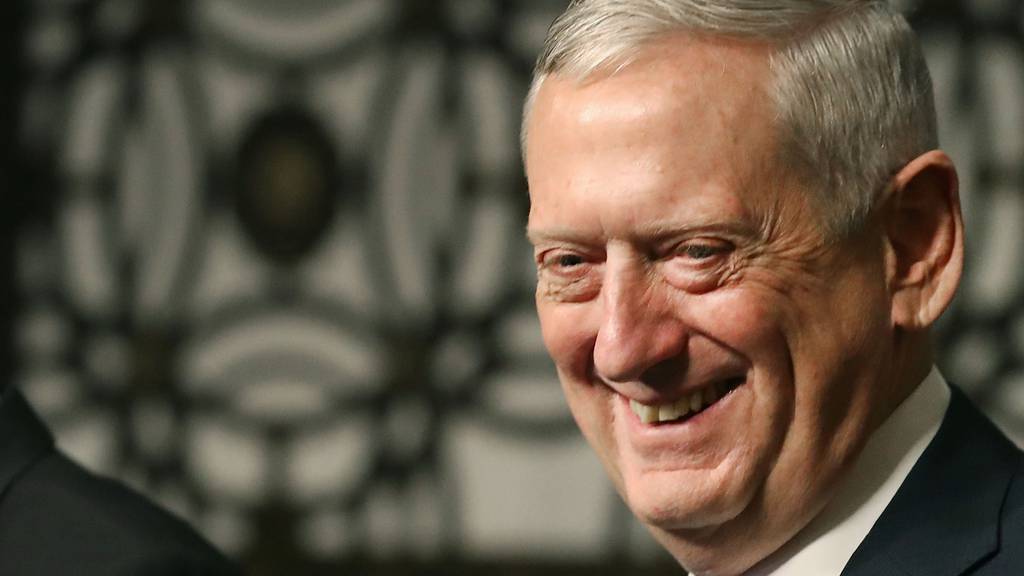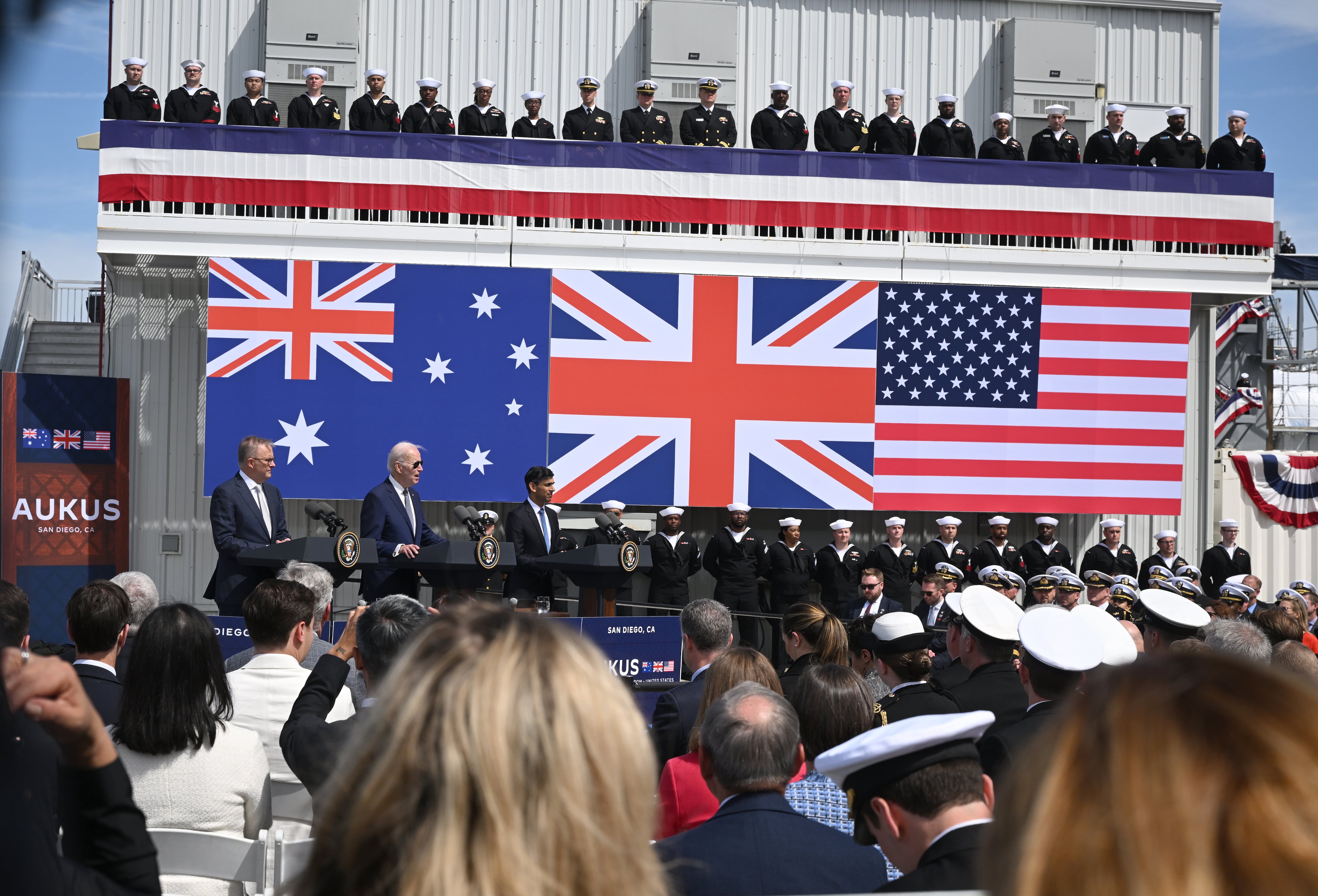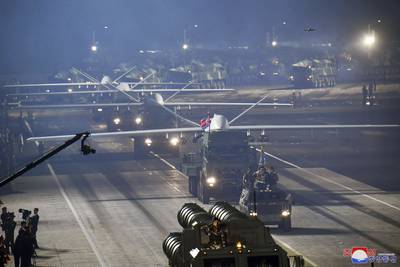WASHINGTON — Congress on Friday passed historic legislation allowing retired US Marine Corps Gen. James Mattis to serve as the next defense secretary, overriding some Democrats who took a stand for civilian control of the military.
The move bypasses a law that mandates a seven-year "cooling off" period between military service and assuming the top civilian defense job. Mattis, 66, retired in 2013 after a 44-year military career and serving as commander of US Central Command.
The House voted 268-151, with mainly Republicans — and 36 Democrats — voting in favor. Many Democrats revolted after the Trump transition team backed Mattis out of his commitment to testify before the House Armed Services Committee on Thursday.
Congress is expected to vote to confirm Mattis on Jan. 20, after President-elect Donald Trump is inaugurated.
On the House floor before the vote, Republicans led by House Armed Services Committee Chairman Mac Thornberry, R-Texas, largely argued that Mattis was worthy of extraordinary consideration because, like the last time Congress passed such a waiver, the nation faces extraordinary challenges.
To do otherwise would set a bad precedent for the relationship between Congress and the Trump White House, Smith said.
House Republican aides said privately that the Trump transition team's refusal to let Mattis testify was an unforced error, which upended Mattis' chances to ride in on a strong wave of bipartisan support and unnecessarily politicized national security.
After Mattis's smooth confirmation hearing Thursday, his waiver passed the Senate 81-17, in a largely bipartisan vote. It had passed the Senate Armed Services Committee with only three Democrats opposing.
Democrats universally argued their opposition was not to Mattis but the principle of civilian control of the military.
The Senate Armed Services Committee's top Democrat, Sen. Jack Reed, D-R.I., said Thursday he was concerned the waiver would set a dangerous precedent but would vote for him based on Mattis's "commitment to civilian leadership and his military expertise."
"However, as history has demonstrated, Congress has enacted an exception one time since the creation of the Department of Defense," Reed said. "And waiving the law should happen no more than once in a generation. Therefore I will not support a waiver for future nominees. Nor will I support any effort to water down or repeal the statute in the future."
The requirement was originally set by law in 1947, when Congress established a minimum of 10 years out of active duty. It was changed to seven years in 2008.
Only one exception to the law requiring a gap after military service has been approved. Gen. George Marshall was appointed defense secretary in 1950 by Truman, who was looking for a highly respected leader to take over as the Korean war ramped up. Marshall needed a special law passed because he had not been out of the military for 10 years, as then required.
Civilian control of the military is ingrained in American history and was set in stone in the U.S. Constitution, which decrees that the president "shall be the commander in chief." It grants Congress the power to raise and support armies. Congress also has the authority to declare war, but as recent conflicts in Iraq, Afghanistan, Libya and Syria have shown, the US military can wage combat without a formal declaration of war.
The principle of civilian control of the military is anchored in the belief in a balance of power. It sets the US and other democracies apart from countries where militaries can plot coups to overturn governments.
Email: jgould@defensenews.com
Twitter: @ReporterJoe
Joe Gould was the senior Pentagon reporter for Defense News, covering the intersection of national security policy, politics and the defense industry. He had previously served as Congress reporter.
Leo covers Congress, Veterans Affairs and the White House for Military Times. He has covered Washington, D.C. since 2004, focusing on military personnel and veterans policies. His work has earned numerous honors, including a 2009 Polk award, a 2010 National Headliner Award, the IAVA Leadership in Journalism award and the VFW News Media award.








